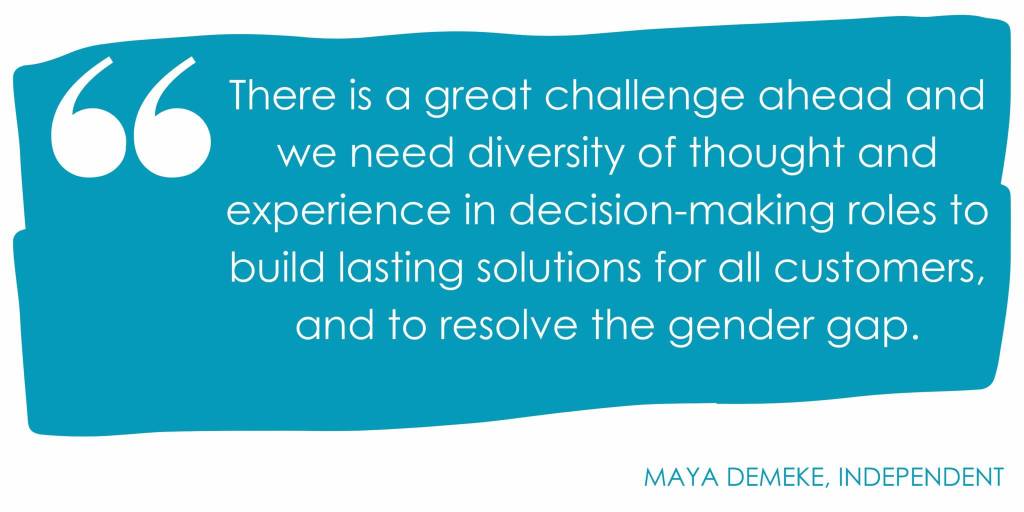How Much Will I Qualify For? A Comprehensive Guide to Understanding Your Mortgage Loan Eligibility
Guide or Summary:Mortgage Loan Eligibility FactorsCredit ScoreIncomeDebt-to-Income RatioEmployment HistoryDown Payment and Loan AmountWhen it comes to secur……
Guide or Summary:
- Mortgage Loan Eligibility Factors
- Credit Score
- Income
- Debt-to-Income Ratio
- Employment History
- Down Payment and Loan Amount
When it comes to securing a mortgage loan, one of the most crucial steps is determining how much you'll qualify for. This decision can significantly impact your financial future and home-buying journey. In this comprehensive guide, we will delve into the factors that influence mortgage loan eligibility, helping you understand how much you can realistically expect to qualify for.
Mortgage Loan Eligibility Factors
Your mortgage loan eligibility is determined by a variety of factors, including your credit score, income, debt-to-income ratio, employment history, and the amount you plan to borrow. Here's a closer look at each of these critical components:

Credit Score
Your credit score is a numerical representation of your creditworthiness, reflecting your ability to repay debts. Lenders typically use credit scores ranging from 300 to 850. A higher credit score indicates a lower risk to the lender, making you more likely to qualify for a mortgage loan and potentially at more favorable terms.
Income
Your income plays a pivotal role in determining your mortgage loan eligibility. Lenders want to ensure that you can comfortably afford your monthly mortgage payments. Your income can include your salary, bonuses, and any other sources of income. Be prepared to provide documentation of your income, such as pay stubs, tax returns, or bank statements.
Debt-to-Income Ratio
Your debt-to-income ratio (DTI) is a critical factor in assessing your ability to repay a mortgage loan. It compares your total monthly debt payments to your gross monthly income. A higher DTI indicates a higher level of debt relative to your income, which can negatively impact your mortgage loan eligibility. Lenders typically prefer a DTI of 43% or lower.

Employment History
Your employment history is another important factor in determining your mortgage loan eligibility. Lenders prefer borrowers with a stable employment history, demonstrating a consistent income stream. Providing documentation of your employment, such as employment letters or pay stubs, can help strengthen your application.
Down Payment and Loan Amount
The amount of your down payment and the loan amount you plan to borrow also play a significant role in determining your mortgage loan eligibility. Lenders typically require a minimum down payment, which can vary depending on the loan type and lender. The loan amount you plan to borrow should also be within your financial means and align with your overall financial goals.
Understanding how much you'll qualify for in a mortgage loan is a crucial step in your home-buying journey. By carefully considering your credit score, income, debt-to-income ratio, employment history, and financial goals, you can make informed decisions and secure a mortgage loan that meets your needs. Remember, it's always a good idea to consult with a mortgage lender or financial advisor to get personalized advice and guidance on your mortgage loan eligibility.

By following this comprehensive guide, you can navigate the complexities of mortgage loan eligibility and confidently move forward with your home-buying plans. Whether you're a first-time homebuyer or looking to upgrade, understanding how much you can realistically qualify for is an essential step in achieving your homeownership goals. So, take the time to carefully consider these factors and make informed decisions that will set you on the path to homeownership success.